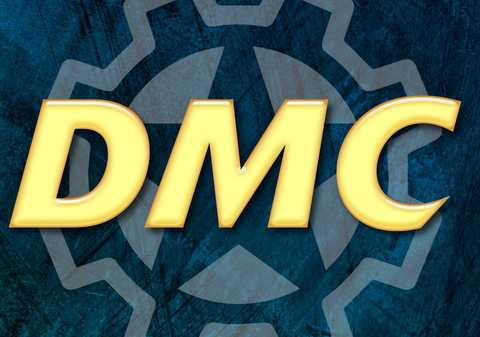
SwRI will be exhibiting at the Defense Manufacturing Conference (DMC), booth no. 228.
Southwest Research Institute (SwRI) conducts manufacturing research and development for a wide range of material systems and processes including additive manufacturing, high-temperature composites, and ceramics, among others. This includes extensive experimental and modeling capabilities to support development and qualification of materials, processes, and designs. SwRI also provides advanced robotic system solutions with custom designs that include perception systems, mobile manipulation, and automation process development. SwRI is an independent, nonprofit, applied research and development organization based in San Antonio, Texas, with more than 3,100 employees and an annual research volume of nearly $844 million for clients in government and industry worldwide.
Please join us for the following presentation:
Wednesday, Dec. 4
9:15 a.m. – 9:45 a.m.
AME—Automation for Inspection and Qualification
“Realtime Predictions of Distortion and Residual Stress Resulting from Weld Sequences Using ML Algorithms,” Matt Robinson
In the fabricated structures community, there is a relationship between how the structure is made and how it will perform in service. One of the inherent benefits of automation is the consistency of the fabrication process that robotics afford, such as consistent heat input and process control. Combined with physics-based simulation and thermomechanical analysis structures maybe effectively optimized. However, the consistency that is possible with the application of robotic welding is compromised as the components to be fabricated vary in their shape and how they fit together. This input variation often results in distortion and residual stress profiles that are not intended. Recent developments in machine learning and artificial intelligence enable the understanding of a presented assembly variation and update of the welding plan in near real-time relative to that part condition. These developments would enable the target processes to be optimized and executed as if the physics-based simulation and optimization were computationally feasible. This takes advantage of both new approaches for machine learning based frameworks, as well as the ability to execute at the rate of production, leading to improved operational efficiencies and optimized fabricated products. This talk will share progress in current work that seeks to apply this hybrid physics-based simulation with a novel learning framework that, in turn, seeks to understand presented articles, how they deviate from plan and update welding plans on the fly to optimize measured distortion and residual stress. The goal is to create a system that may be added to welding systems that enable dynamic planning as presentations and conditions change in the real world, thereby making the upfront simulation work more valuable in the production phase, benefitting structures and shipbuilding fabricators as well as others concerned with as-fabricated quality.
For more information, please contact David Riha.
